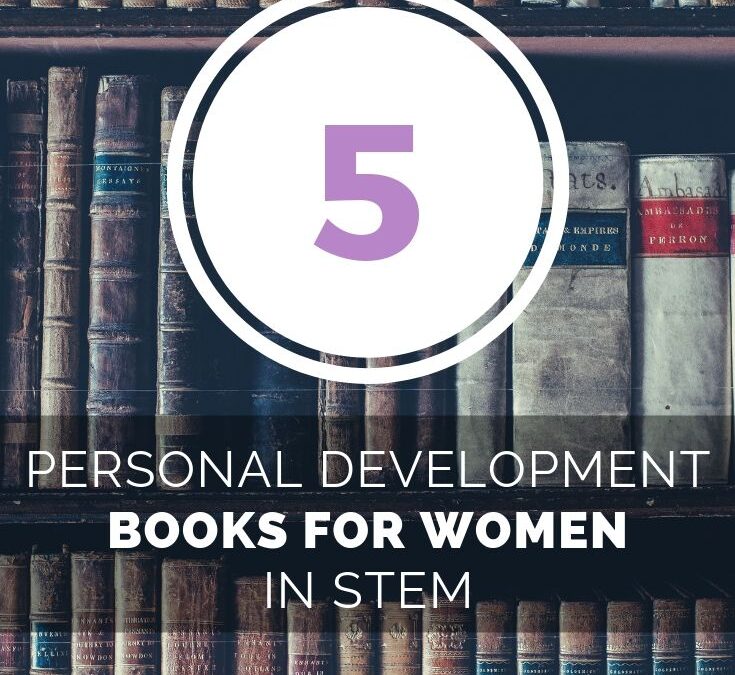Hi there! I hope everyone is having a great day. One of the most important things I’ve learned in the past five or so years about having a great day is how you structure the START of your day. If you hit snooze ten times and roll out of bed five minutes before you’re supposed to be at school or work, you’re setting yourself up for failure!
I know mornings can be hard. I’m definitely not an early bird, never have been. But this one habit has made a considerable difference in restructuring my mindset and allowing me to take on whatever challenges the day brings.
I’ll go into detail about my morning routine in another post, but here’s a sneak peek into part of it. Each morning I set aside 15-20 minutes for personal development. Usually, I will read whatever is next on my looooong reading list, but every once in awhile, I will listen to a podcast or sermon on YouTube.
Without further adieu, here are my top five favorite personal development books, specifically with women in STEM in mind.
5 OF THE BEST PERSONAL DEVELOPMENT BOOKS FOR WOMEN IN STEM
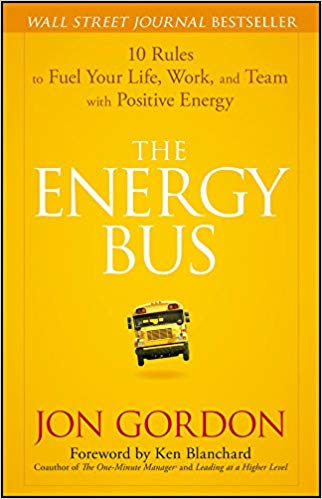
1. THE ENERGY BUS: 10 RULES TO FUEL YOUR LIFE, WORK, AND TEAM WITH POSITIVE ENERGY BY JON GORDON
The Energy Bus was one of the first personal development books I ever read. I love it mostly because it’s short and in a story format so it’s an easy read. I also love that positive thinking is the central theme. Gratitude and positive thinking are crucial if you want to be successful in your day to day life, and many millionaires and billionaires swear by this practice.
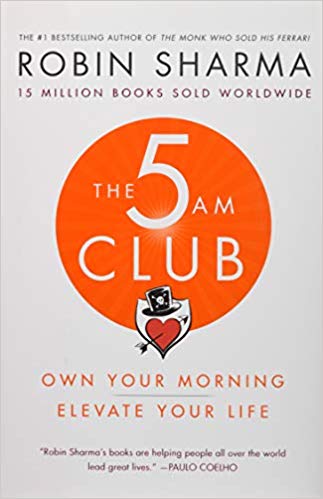
2. THE 5 AM CLUB: OWN YOUR MORNING. ELEVATE YOUR LIFE. BY ROBIN SHARMA
The 5 AM Club is the most recent personal development book I’ve read. Like The Energy Bus, it is also in story format. In my opinion, the storyline is a little out there, but it certainly helped drive the book’s message across. If you want to change your life, you must wake up at 5 AM and own your morning. I also like that there’s a 5 AM Club app with video lessons that accompanies the book for whenever you’re ready to become part of the 5 AM Club.
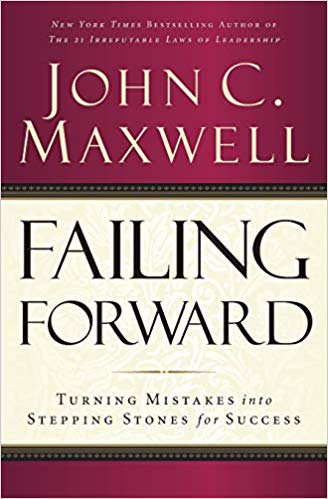
3. FAILING FORWARD: TURNING MISTAKES INTO STEPPING STONES FOR SUCCESS BY JOHN C. MAXWELL
This is probably my favorite personal development book of all time and one I think is especially imperative for those that do scientific research for a living. I have a personality type that LOVES challenges (helloooooo engineering), but at the same time, I LOVE to win. So much so that if I don’t think I’ll win, I won’t even play the game. That characteristic is a disaster and a half when it comes to being successful in a research-driven field. I don’t remember the exact statistic, but something like 90% of experiments doesn’t work the first time! Of course, failing forward is easier said than done and something I still have difficulty doing from time to time. But it certainly has gotten easier over time with deliberate attention.
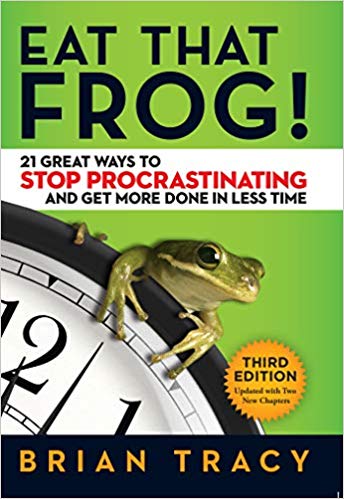
4. EAT THAT FROG!: 21 GREAT WAYS TO STOP PROCRASTINATING AND GET MORE DONE IN LESS TIME BY BRIAN TRACY
I find it incredibly ironic that a book written about procrastination took me the longest to read. Like give or take a year. This book is incredibly short, around the same length as The Energy Bus, and should take about 21 days to read. Because of my personality trait that hates to lose and sometimes won’t even take on a challenge because of it, I tend to procrastinate A LOT. This was extremely evident when it came down to writing and finishing my dissertation. That project in and of itself took roughly one and a half years! I have some other books that helped me tackle dissertation writing, but that’s a topic for another time.
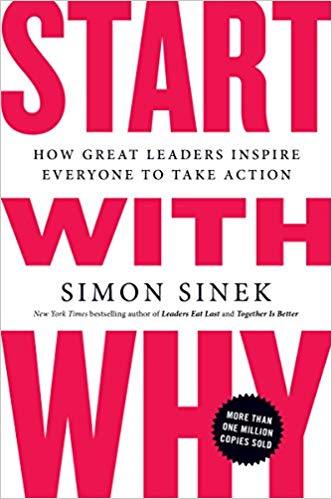
5. START WITH WHY: HOW GREAT LEADERS INSPIRE EVERYONE TO TAKE ACTION BY SIMON SINEK
Let me just start out by saying that I love all of Simon Sinek’s books. I love how his style of writing doesn’t just spout off statistics and the latest research. It also doesn’t hand out dry, practical tips. It actually gets to the heart of leadership. Outside of leadership, I believe this concept also translates well into science, engineering, and research. If you don’t know why your running experiments day in and day out, your work is going to get tedious real fast. If your “why” is more personal, it will carry you through the long days and late nights. For example, the reason I pursued a doctorate wasn’t so I could put Dr. in front of my name (though I’m coming to find it does look kind of nice). I wanted to find a viable treatment for metastatic breast cancer, the same disease my mom died from nearly eight years ago. I wanted to make sure no other daughters would have to bury their moms at such a young and impressionable age. When you figure out someone’s “why,” you can get them to push through literally any obstacle (like an engineering dissertation!).

